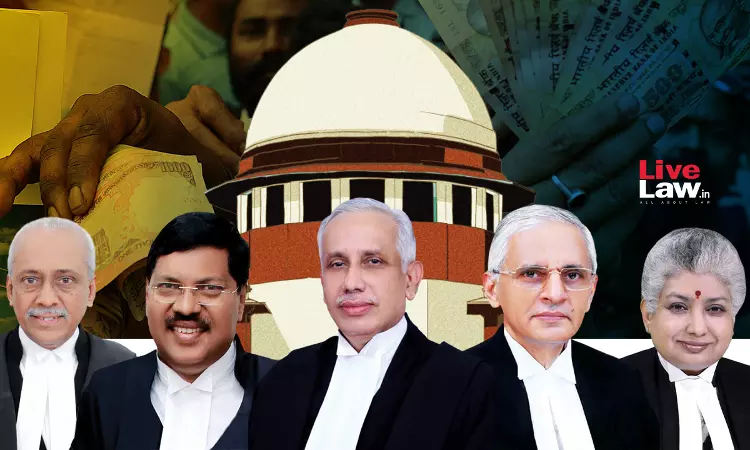Demonetisation Not Illegal Merely Because Proposal Originated From Central Govt; No Breach Of Sec 26(2) RBI Act : Supreme Court
Ashok KM
2 Jan 2023 8:08 PM IST

Next Story
2 Jan 2023 8:08 PM IST
The Supreme Court (4:1) in its judgment upholding validity of demonetisation, observed that the word “recommendation” in Section 26(2) of RBI Act would mean a consultative process between the Central Board of Reserve Bank of India and the Central Government."Merely because the Central Government has advised the Central Board to consider recommending demonetization and that the Central...
